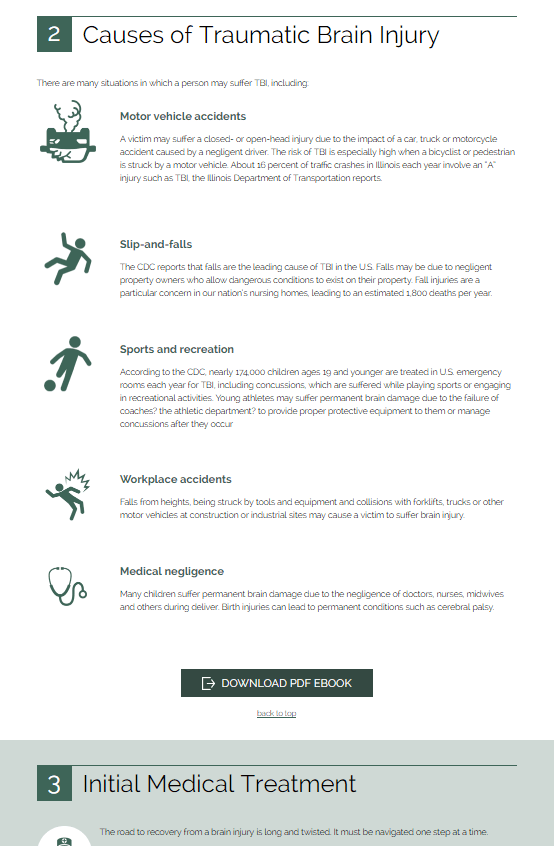Understanding the seriousness associated with traumatic brain injuries can sometimes be extremely difficult. Understanding brain injury diagnosis, and treatment options can be challenging, and can take a long time to process.
There are many questions that someone who has experienced a brain injury may ask, such as one’s ability to continue work, how it will affect one’s life down the road, and what types of implications the injury could impose on family and friends. The answers to these questions may not be able to be determined until one has had a thorough consultation and evaluation by a medical professional.
If you have recently experienced any instance where your head, or any part of your body above the neck has come into contact with another object with force, you may experience side effects. Some of these side effects include dizziness, nausea, raised wounds, or fatigue. There are many more side effects or outcomes associated with a blow to the head, but they should all not be taken lightly. With too much force, one of these injuries could lead to a traumatic brain injury, or more serious situation.
If you believe you, or someone you know might have signs of a serious head injury, use the guide below to learn more about traumatic brain injuries and the signs and symptoms associated with head traumas. Additionally, if you know a family member or friend that has experienced a head trauma, be sure to share this guide with them to further their understanding of brain injuries.
Tags Brain Guide Injuries Traumatic
Check Also
A Helpful Guide to Managing Employees with Work Depression
Managing employees who experience work depression is a critical responsibility for any employer, impacting the …
 Infographic Portal New Infographics Resource Portal
Infographic Portal New Infographics Resource Portal
